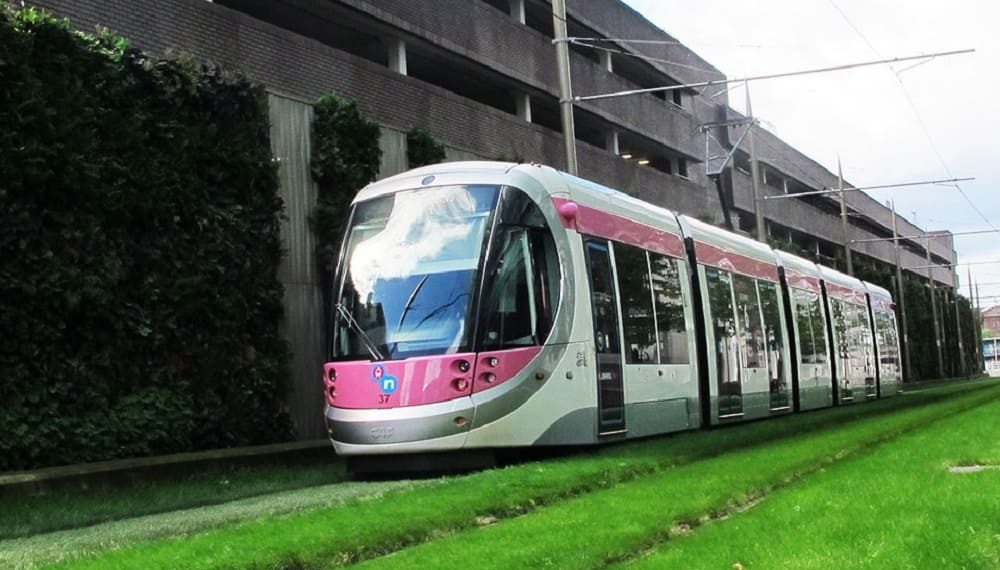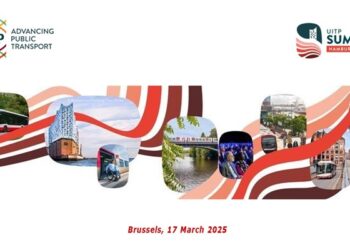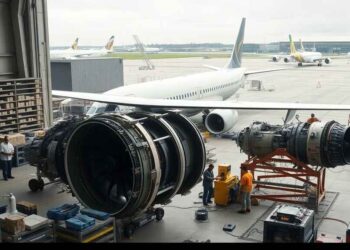The UK Department of Transport (DfT) has announced a funding boost of over £1m under the 11th round of Transport-Technology Research and Innovation Grants (T-TRIG) to entrepreneurs and innovators aiming to create a better transport system for the country.
According to the department, the competition is open to innovative transport start-ups that have a focus on either decarbonisation or Covid-19 recovery.
So far, the department has awarded more than 60% grants under T-TRIG to small and medium size enterprises (SMEs) and 30% to universities.
Delivered by Connected Places Catapult, T-TRIG is said to bridge the early stage, proof-of-concept funding gap in innovation in transport, thereby enabling small investments to de-risk emerging solutions.
By granting targeted investments of up to £30,000 for each of the selected projects, the fund has an objective to help promising entrepreneurs and academics in pushing their ideas to market quicker.
UK Transport Minister Rachel Maclean said: “As we continue to follow our greenprint for a transport recovery from COVID-19, it is imperative we work with startups at the cutting edge of technology to help us build back more sustainably and today’s competition launch will do exactly that.
“That’s why supporting innovation is a priority for this government, as we start to travel again safely while also seeking to solve the complex challenge of decarbonising transport.”
Over the last five years, the UK government has granted £5.4m via T-TRIG to over 170 technology and innovation projects. Some of the winners of the funding include Wayfindr and Infinect.
As per DfT, investment from this fund has served as a precursor in several cases to funding from private investors. Such projects are said to have secured more than £25m in additional investment, mainly from the private sector.
Infinect principle investigator George Goussetis said: “In addition to providing the resource, T-TRIG gave us the credibility and confidence to focus our efforts on addressing the needs of the railway sector using satellite technology.
“This in turn has led to further funding successes that are supporting technological and commercial developments and we are presently quite excited to be part of an ecosystem that looks to solve tomorrow’s problems with tomorrow’s technology.”


































